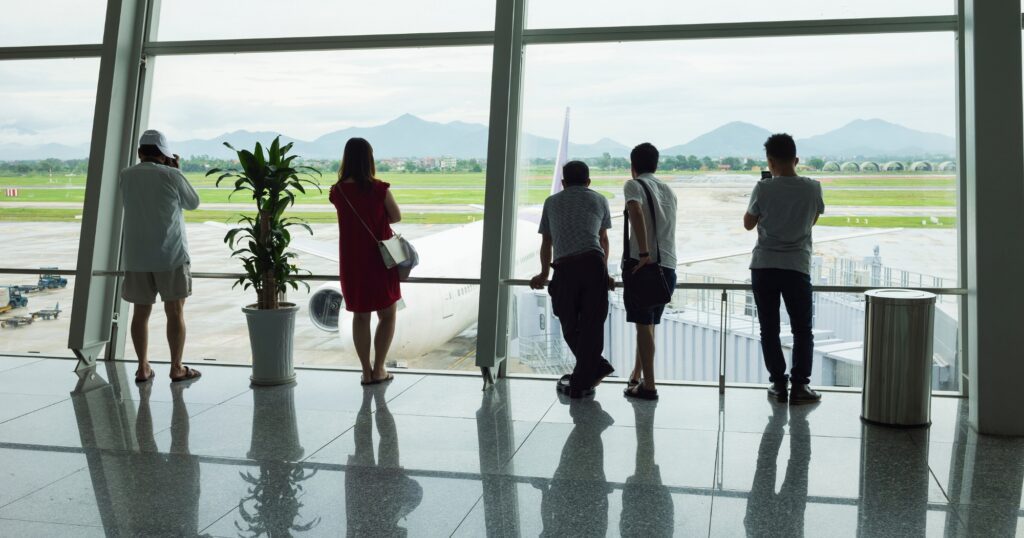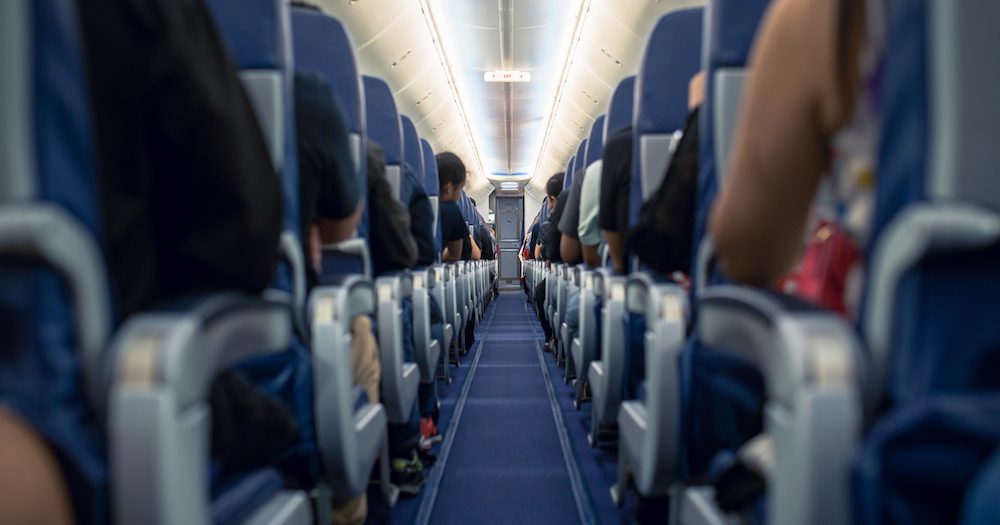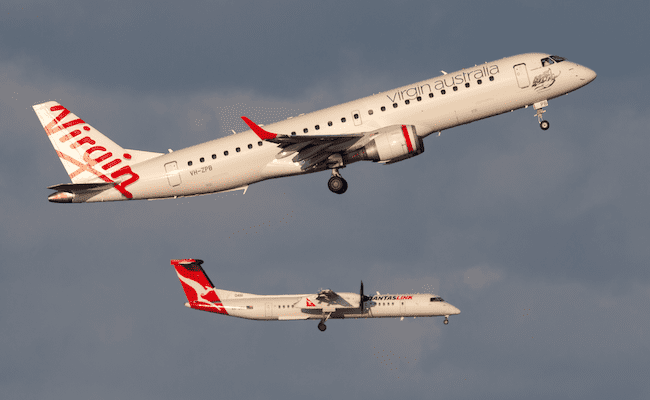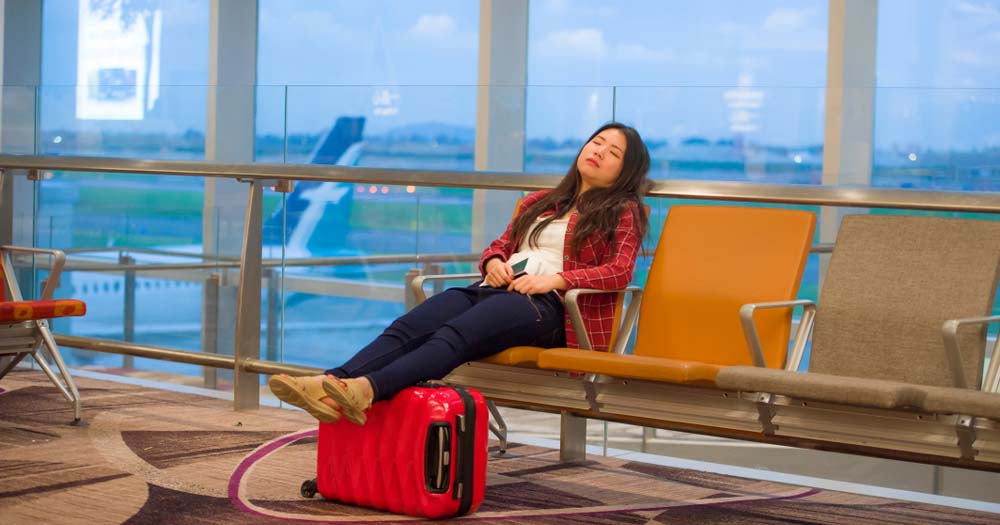Feel like more and more flights have been delayed or cancelled recently? It’s more than a feeling. Recent data revealed by airline analyst Infare, shows flight disruptions are 300 per cent higher than pre-pandemic, historical norms as the aviation industry continues to combat skills shortages and a rapid return of demand for air travel throughout the world.
ICAO (International Civil Aviation Authority) defines flight disruptions as “situations where a scheduled flight is cancelled, or delayed for two hours or more, within 48 hours of the original scheduled departure time”.
In a recent study by travel technology company Amadeus, the majority (52 per cent) of airline and airport executives polled said their organisations are currently experiencing more disruption than in 2019. And industry leaders expect disruption to remain elevated, the study revealed.

International Air Transport Association (IATA) Director of Infrastructure and Customer Experience Harry Grewal said that during 2023, airlines and their partners faced “an unprecedented return of demand” in air travel after struggling with supply and staffing issues in 2022.
“Of course, that’s very welcome, but it brings its own operational challenges,” he said.
In its new ‘Better together: Rethinking how to manage disruption in aviation’ study, Amadeus reveals that two in three airlines (64 per cent) are now investing in new technology to mitigate the impact of flight disruptions on travellers.
According to the study, airline leaders cite “brand damage” (70 per cent) well ahead of “increased costs” (34 per cent) as the main reason for the extra investment.
All airports surveyed also confirmed they are planning to invest in technology at their control centres to better manage disruption. A quarter plan to do so in the next 12 months.
Co-operation key

“Disruption is a hugely complex problem that requires airlines, airports, ground handlers and others to work collaboratively,” Amadeus Airport and Airline Operations SVP Product Management Holger Mattig said.
“Unfortunately, we still have too many information silos in aviation, which impacts the overall response and ultimately passengers.
“However, I do sense a real determination across the industry to put historic commercial tensions to one side and deliver a better, more joined-up and traveller-centric approach to disruption that’s empowered by shared technology.”

Australian airlines finished 2023 with a poor report card for reliability.
According to Department of Infrastructure, Transport, Regional Development, Communications and the Arts (BITRE) data, more than half of flights run late on Australia’s least punctual routes.
And these flight cancellations and delays aren’t just a source of frustration for flyers who only want to get where they’re going in a reasonable timeframe; they have serious economic consequences, research commissioned by ATIA has confirmed.
Last month, aviation analytics company Cirium revealed the most on-time airlines of 2023… and there wasn’t a single Aussie carrier among them. This was Australia’s most reliable airline.






